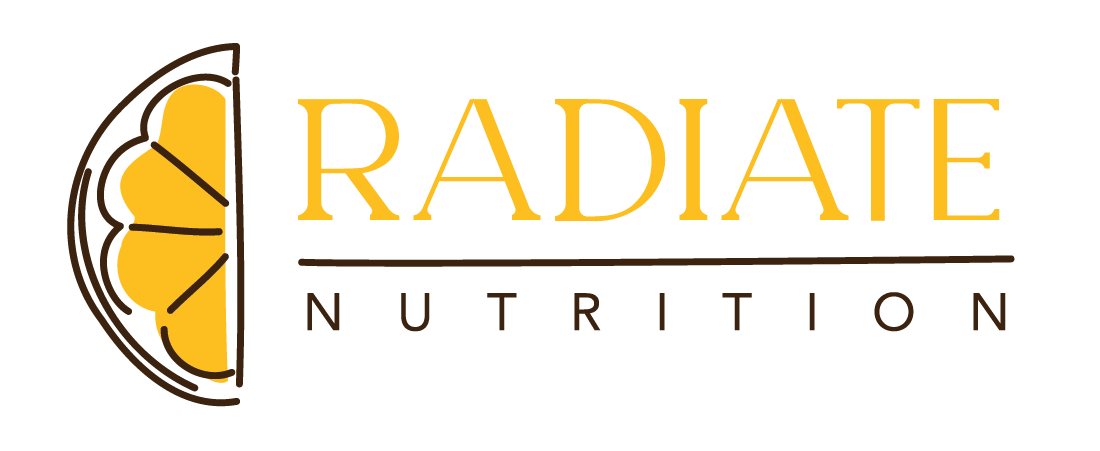Dietitians and nutritionists are both nutrition experts whose goal is to improve the health of those around them through nutrition and lifestyle changes. Though the two professions may have the same goal, there are key differences between the two. A registered dietitian is a nutritionist but a nutritionist isn’t a registered dietitian. This article will help break down the main differences.

Credentials and Training
Registered Dietitian:
A registered dietitian is a credentialed health professional that is regulated on a federal level. Their schooling entails:
- Complete a bachelor’s degree or a master’s degree from an accredited program. These programs include courses in physiology, biochemistry, microbiology, advanced nutrition, psychology, and more.
- Mandatory 1200+ hours of supervised practice in various nutritional settings.
- Pass a national exam by Commission on Dietetic Registration.
- Complete 75 hours of continuing education continuously.
Nutritionist:
A nutritionist is not regulated on a federal level and there is no specific credentialed training. This means that nutritionists vary in both their training and experience. In theory, anyone could call themselves a nutritionist.
Expertise and Treatment
Registered Dietitian
Registered dietitians help improve the well-being of people and work with people with specific medical diagnoses such as diabetes, chronic kidney disease, oncology, high blood pressure, and more. Because they are federally regulated, they can work in hospitals to provide medical nutrition therapy and have the ability to take insurance. Dietitians can provide medical nutrition therapy and meal plans based on several disease states.
Nutritionist
A nutritionist helps their patients by providing general nutrition advice. They can not provide medical nutrition therapy and prescribe meal plans. Their ability to legally treat patients varies on the state-to-state level.
Summary
Dietitians and nutritionists both promote nutrition and wellness with the people that they work with. Registered dietitians are federally regulated and can provide medical nutrition therapy for different disease states. Nutritionists help their patients by providing general nutrition guidance and the education between one nutritionist to another can vary quite drastically.
Looking For a Health Professional?
If you are looking to work with a health professional to improve your health, always check the practitioner’s credentials and education to ensure you are working with someone who is fully equipped to both help you on an evidence-based level and keep you safe.
Radiate Nutrition is a private wellness practice owned and operated by a registered dietitian. We use personalized nutrition programs to help our clients get to the root cause of weight loss and health concerns. Visit us at radiatenutrition.com to learn about ways to work with us!

